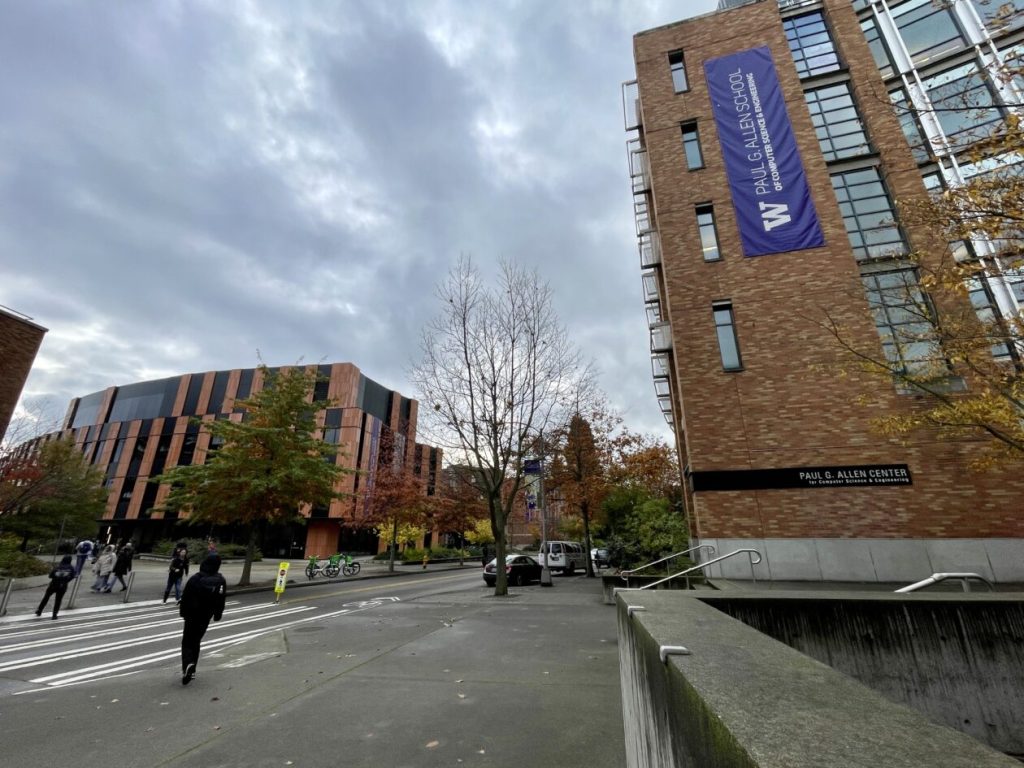The University of Washington’s Paul G. Allen School of Computer Science & Engineering recently held its annual Research Showcase in Seattle, with a strong focus on artificial intelligence (AI). The event featured presentations from students and professors, including a lunch keynote on using generative AI for biomedicine. Allen School Director Magdalena Balazinska highlighted the school’s various AI initiatives, including recent startup spinouts and published papers, showcasing the transformative and innovative work being done in the AI space.
The Allen School plays a critical role in the Seattle tech ecosystem by educating future computer scientists, entrepreneurs, and tech leaders, as well as attracting top researchers who have industry roles while teaching at UW. The school embraces a flexible policy that allows faculty members to maintain connections with industry while contributing to academia. For example, Ali Farhadi, a former Apple leader and CEO of the Allen Institute for Artificial Intelligence, also serves as a professor at the UW. This collaboration between academia and industry helps drive innovation and knowledge-sharing within the AI field.
Balazinska outlined seven “pillars of AI work” at the Allen School, covering a range of areas such as AI safety, fundamental AI, AI in the physical world, human-AI interaction, AI for health and biology, AI systems and infrastructures, and AI education. The school has seen a significant increase in the number of graduates over the past eight years and is actively working to collaborate with other departments on AI projects. AI’s impact extends across the university, with every unit leveraging AI to advance their research and education efforts.
Shwetak Patel, a professor at the Allen School, emphasized the broader implications of AI on education and research. With the availability of advanced AI tools, computer science students no longer need to delve extensively into the fundamentals but rather focus on understanding how to utilize these tools effectively. This shift in education allows students and researchers to tackle new and complex problems that were previously challenging to address. For instance, researchers at UW are exploring how generative AI can be used to analyze pathology images, streamlining research processes and changing the way science is approached.
The integration of AI into various fields has revolutionized the research and education landscape at UW, enabling researchers to conduct studies more efficiently and empowering software engineers to explore diverse domains. Patel pointed to the work of Wang, who is utilizing generative AI to analyze pathology images, illustrating how AI has simplified complex research processes and enhanced scientific collaboration. By leveraging AI tools and technologies, researchers, students, and industry partners at the Allen School are driving innovation and pushing boundaries in the field of artificial intelligence.












